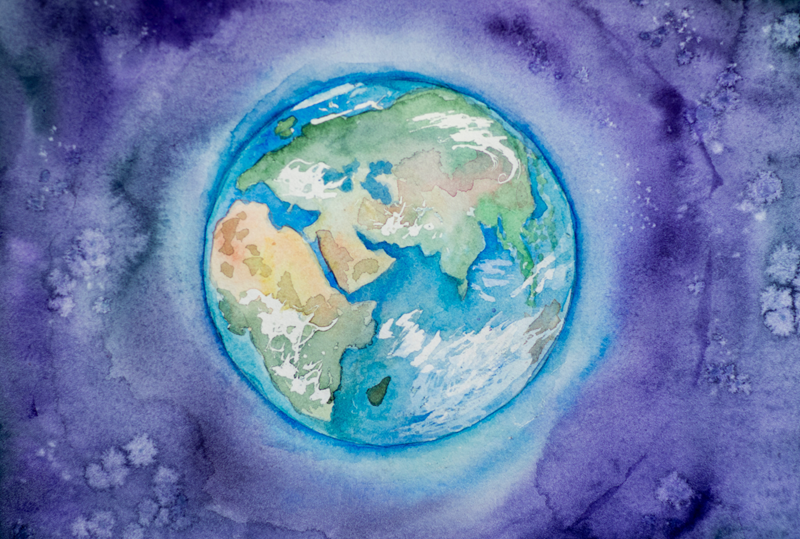
The Choosing Wisely Canada campaign launched over eight years ago in Canada with a promise to engage physicians and patients in conversations about overuse. This conversation occurs daily in examination rooms, hospitals, and virtual visits in this country. The COVID-19 pandemic, and its ongoing impact on the health care system, makes these conversations more important than ever. Choosing Wisely campaigns offer a language for doctors and patients to talk about harms of overuse of tests, treatments and procedures and why too much medicine can do more harm to patients than good. But overuse in health care not only harm patients and wastes precious resources, it can also harm the planet.
Health care is one of the largest emitters globally and constitutes a significant chunk of total Canadian carbon emissions. Estimates suggest that about 5% of Canada’s emissions are from the health care sector. Health care services and systems also consume and dispose of huge amounts of waste in the form of single use plastics and other disposables. The vast majority of these emissions, 71% in total, are from the health care supply chain. This includes the production and processing of goods such as pharmaceuticals and medical devices, hospital instruments and equipment. With estimates suggesting that up to 30 % of all health care offers no clinical value to patients, reducing overuse offers an opportunity to reduce emissions, cut waste, avoid harm to patients – a win for people, health care systems, and the planet.
We believe that physicians are uniquely positioned to take leadership on the climate crisis given the role of physicians as stewards of human health and well-being. The relationship between planetary health and human health cannot be ignored. Air pollution is a leading cause of morbidity and mortality. More frequent and larger forest fires, intense heat waves, and violent storms are affecting patients’ mental health, wellbeing and livelihoods. These effects are felt from coast to coast. Nearly 600 people died during the unprecedented extreme ‘heat dome’ event in British Columbia during the summer of 2021 and Hurricane Fiona recently destroying property, livelihoods and leading to widespread damage across coastal communities in Eastern Canada. These are not isolated events and are having substantive impacts on the well-being of Canadians.
Canadian physicians can take leadership on the climate crisis and improving the health of their patients by choosing wisely in their practices. The climate crisis can feel too big and complicated for any one individual action to matter. However, the Choosing Wisely campaign offers a blueprint for how individual practice changes at the level of doctors and patients can have system impacts.
To date, there have been hundreds of Choosing Wisely Canada recommendations released by national specialty societies. These recommendations are an evidence-based way to reflect on one’s practice and identify areas of overuse. But doctors cannot do this alone. Increasingly the campaign is engaging hospital leaders to implement recommendations in their settings through a hospital designation program, and national collaboratives focused on reducing unnecessary blood use and avoiding wasting precious lab resources by not ordering lab tests unless clinically indicated. Choosing Wisely Canada’s national laboratory initiative, Using Labs Wisely, is a good example of how a decision made during a clinical encounter has planetary implications. The average Canadian receives 14 to 20 laboratory tests annually and it is estimated that between 15-56% of these are unnecessary. Cutting unnecessary lab tests not only immediately relieves pressure on overburdened lab resources and staff, it also reduces the waste associated with lab tests. It represents a massive reduction in the waste of single use plastics used in lab testing, carbon outputs from patient travel to and from labs, and energy used to fuel laboratories.
Our message that Choosing Wisely is good for the planet comes at a time of many crises and pressures on physicians and the health care system. However, the harms of the climate crisis and its impact on human health and wellbeing cannot be overlooked. While it can feel too big a problem to tackle, every small action makes a difference. Reducing overuse and avoiding an unnecessary test, treatment or procedure has a cascading effect, avoiding individual harm to a patient, saving limited resources for those who need it most, and curbing waste and emissions to protect the planet.
This article originally appeared in the Medical Post on October 28, 2022.
